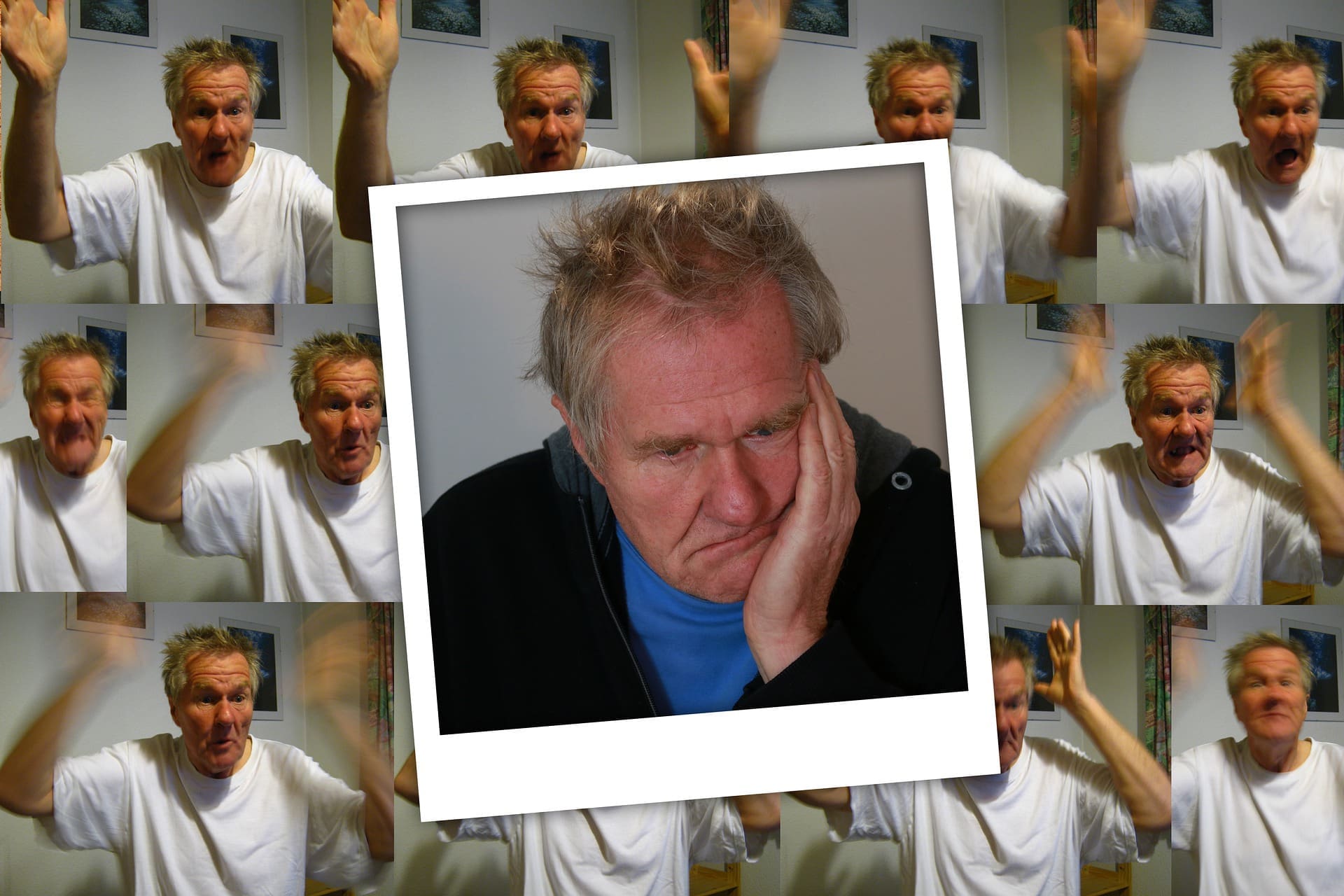Shoulder pain in older adults can limit independence and daily activities. This guide explains common causes, simple home exercises, warning signs, and practical support options for families in Scotland.
Certain prescription and over-the-counter medications can worsen dementia symptoms or mimic cognitive decline. This guide explains what carers should monitor, red flags to spot, and how to discuss medication safety with your GP.
Certain prescribed and over-the-counter medicines may increase Alzheimer’s risk or worsen cognitive decline. This guide explains which drugs to review and how families can act safely.
Eating well after 60 is about nourishing the heart and protecting the brain. This family-friendly guide explains which foods to avoid, better alternatives to choose, and how to support healthy ageing through simple, traditional meals.
Navigating grants for seniors with disabilities can feel overwhelming. This guide explains the key funding options available in Edinburgh, from PADP to home adaptation grants and local trust support.
Managing medication safely can become challenging as we age. This guide explains why medication compliance issues occur in older adults and outlines practical steps families can take to reduce risks and stay safe at home.
Challenging behaviour in dementia can be distressing for carers and families. This guide explains why behaviours happen, practical ways to respond calmly, and how to access support across Scotland.
Managing incontinence at home can feel overwhelming for families. This guide explains common causes, practical care strategies, and available support to help older adults stay comfortable, dignified, and safe at home in Edinburgh and the surrounding areas.












